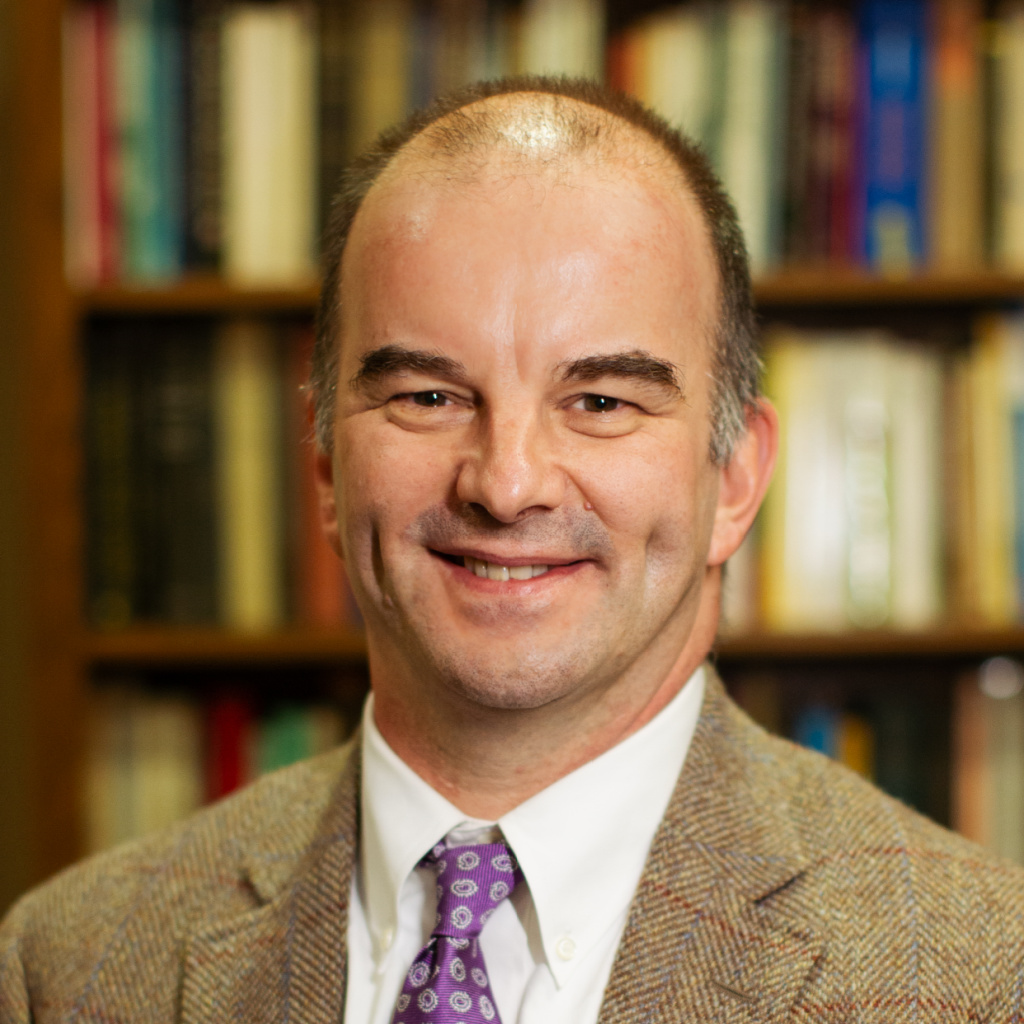Imagine getting a knock on the door. When you open it, a beautiful stranger stands there—with an offer to remove their clothes right in front of you.
“What are you talking about?! I’m sorry … no thanks. I’m in a relationship—and that’s not something I feel right about. Please leave.”
The door closes, and you take a deep breath. An hour passes, and a different stranger—equally beautiful—makes the same knock and the same offer … this time, inviting you also to witness them making love with someone else.
Over and over, day after day … the knocks continue—no matter your protestations. The invitations to witness a de-robing, an intertwining of bodies … an endless “sea of sex” right before you. All-access. Anytime.
Would that be difficult to face?
You bet it is. Just ask anyone in the world today. What may appear as an imaginary experience to many feels a lot like what many are facing in this digitized, sexualized, “pornogrophied” society on a daily basis.
The images are everywhere in society today—not only at the “front door,” but in the basement office or in a bedroom, beckoning from social media, Youtube, and even ads on news sites to “just look for a few minutes.” The propaganda whispers inside: “It doesn’t have to take very long … No one will know … this is going to feel so good!”
Far too many had that “knock on the door” early in their youth, assaulted before they even had the capacity to deal with it in a healthy or responsible way. That digital entrapment has changed the course of millions of lives. Meanwhile, the parade of bodies from air-brushed gods and goddesses continues with no end in sight. Believers are often shocked to learn that one of their own loved ones has developed a pornographic habit. But is it really that hard to believe in the world around us?
Porn has a deeply embedded message within. Dr. Mark Chamberlain has arguably worked with more people grappling with serious pornography addiction than virtually anyone alive. In a recent interview, Mark explained in a fresh way why people keep getting dragged back into this habit, despite their better inclinations—due to the powerful message pornography sends our bodies— quite independent of whatever we believe in our heads.
On the conceptual level, of course, there are many reasons people have to want to stay away—from precious marital and covenantal commitments to the surprisingly consistent research literature that confirms the negative effects of such media on mental health and basic relationship capacities.
Yet even when someone cognitively grasps all sorts of important reasons why they ought to stay away from this stuff—and here’s the real point—an instance of sexually explicit anything can register a potent and visceral message at the level of the brain and body … namely this:
“I see you … I want you … you’re lovable —in fact, I trust you so much I’ll be naked with you.”
All these messages, Dr. Chamberlain explains, are potent physiologically— “to have another human being love us, want us, trust us, approve of us, just be delighted in us, that’s wired into our systems to help us connect with other human beings.”
One man finally breaking free from the darkness of online sexuality spoke of the impact of experiencing loving intimacy with his spouse later on:
This is what I have been looking for all my life in all the wrong places. It was about intimacy, not sex. The thought of being loved by someone, despite them knowing my past struggles. I really was seen! I was loveable—and believed and trusted. “Here I am for you,” was the message I felt.
That’s what our hearts and souls yearn for at a deep level—to belong and connect. To love and be loved. Interestingly enough, even if we know these phony digital substitutes are counterfeit, “our brain doesn’t know that,” Chamberlain emphasized, and “the juices in our body don’t know that.”
None of that is to suggest people still don’t have their own ability to choose and seek freedom. But especially when considering generations who first grew up with technology so readily available and were exposed as children, we can also appreciate how powerful chemicals hook innocent, malleable brains long before they can comprehend the effects it would have on them in the years that followed.
Fresh empathy for the person in its grip. In addition to the appeals of the surrounding world, understanding how these sexualized appeals translate at a visceral level can likewise increase empathy—specifically, for these emotional reasons that people keep going back to porn: intentions that—in their purest form—are not crazy, not evil, and not deranged.
We all need connection. We all need to belong and feel loved. And the reality is that over and over, people’s bodies and brains are being tricked into believing porn is going to give them that.
When it doesn’t. Not at all.
In fact, the more we answer that knock—and welcome porn into our home—the less connection and love we end up feeling (even when others are trying to find it! For the proof, see here and here too).
Despite this, the experience pornography promises can still feel like a legitimate lift, distraction, and relief from the pressures around us—offering a dark kind of comfort and companionship in whatever it is we’re going through.
More than simply heightening empathy and compassion, this understanding can also showcase what it takes for many to keep seeking freedom from all of this. We believe that if parents and friends, spouses and clergy, understood the full picture of what’s taking place, they would see the individual who hasn’t given up on finding freedom from pornography—and who is still doing all they can to reach for it—as demonstrating a legitimate nobility and courage. Do you appreciate how many people give up on this pursuit for freedom entirely—throwing in the towel and saying, “this is just who I am…and how my life is going to be.”
If your loved one hasn’t done that, it’s not a small thing. Even when presented with incredibly potent ways to experience something relieving and even transcendent (at least for a moment), they are choosing to turn away.
And yes, turn their heart and mind towards something better.
Way better.
The good news is that even incremental progress towards freedom corresponds with boosts to relationships, emotional health, and pretty much everything else that matters. That’s why it feels so good to get some distance from this stuff!
For those who are struggling to do that right now, instead of just fighting off the bad stuff, do whatever you can to fill your mind, heart, and life with all the good stuff. Too many get caught up in thinking recovery should center on trying to put this behind them—with their mental energies consumed in resistance and constant, daily self-talk of “just say no.”
Who wouldn’t get exhausted by this? By comparison, imagine pursuing recovery as the “aggressive pursuit of a great and happy life.” That kind of focus is so much more enjoyable than constant management of what you can’t go back to.
This doesn’t mean that the path is easy or quick for most people. As you might already know from experience, the battle to fill the vacuum with light can be excruciating—involving lots of wins and losses as heart and mind are moved in a better direction. Both for the individual and loved ones, that can entail some exhausting roller coasters of emotions.
But those rollercoasters don’t need to last forever. And the up and down cycles can stabilize and eventually fade as you keep learning, keep growing, and keep getting up. If you follow this course, pretty soon, porn will become like that bothersome ex-lover—a nuisance you have to stay away from … for your own mental health! And you’ll come to know for yourself what millions appreciate deeply: that life without porn is just so much better.
Then, when the knock comes at the door—you’ll know what to say!
Notes:
An earlier version of this appeared on Fight the New Drug’s blog, entitled “Why You Keep Going Back to Porn After Promising to Quit.” To go a little deeper, check out Jacob’s audio recording, “A Mindful Approach to Attraction,” along with “Not You. Not What You Want. Not Who You Want to Become.”
If you’re looking for small group support to find greater strength to step towards freedom from compulsive sexuality, check out Safe House groups here.
And if you’d like some self-guided education, tracking, and community support, check out the award-winning Fortify app, used by 200K people in 155 countries

















